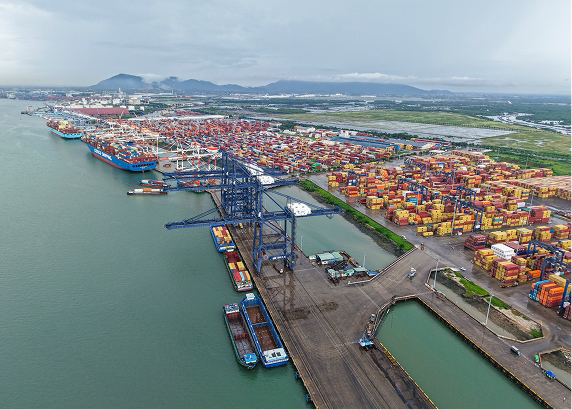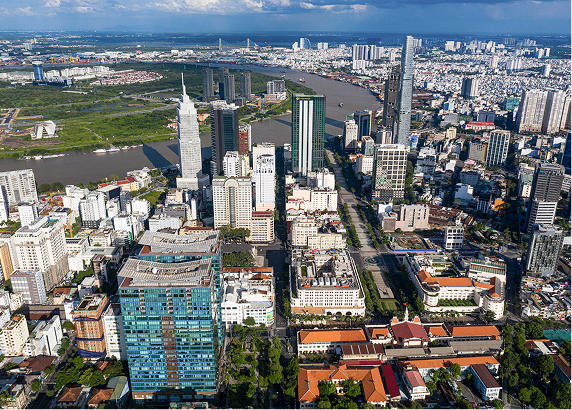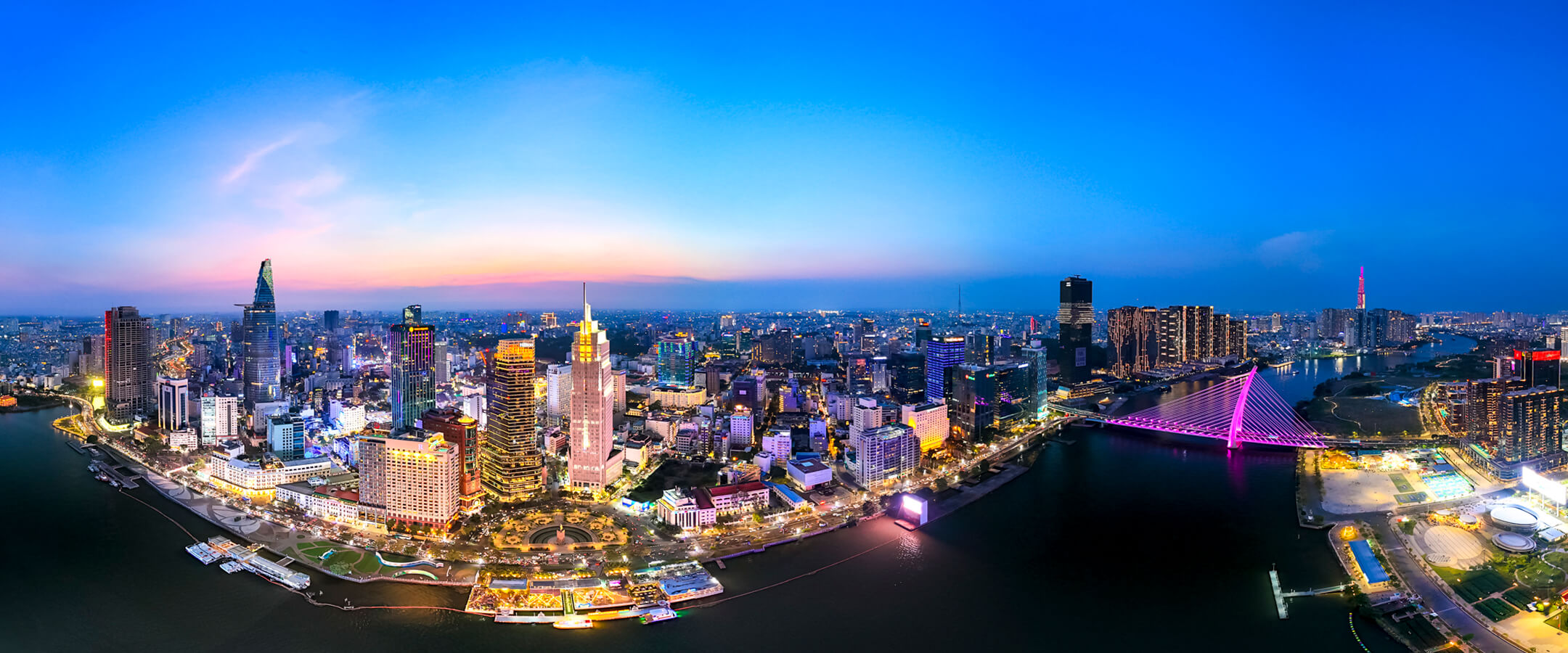
Leveraging a high-quality workforce
At the core of the private sector’s success is Vietnam’s exceptional education system, which produces a highly skilled workforce tailored for a knowledge-driven economy. In the 2022 PISA assessments, Vietnamese 15-year-olds ranked 31st globally in mathematics and 34th in science, surpassing many wealthier nations and securing second place in ASEAN, behind only Singapore.
At the primary level, Vietnam leads Southeast Asia in math, reading, and writing, driven by a rigorous, STEM-focused curriculum. Annually, 50,000-60,000 IT and computer science graduates enter the workforce with coding and software engineering skills meeting international standards, empowering private enterprises to excel in high-tech industries.







